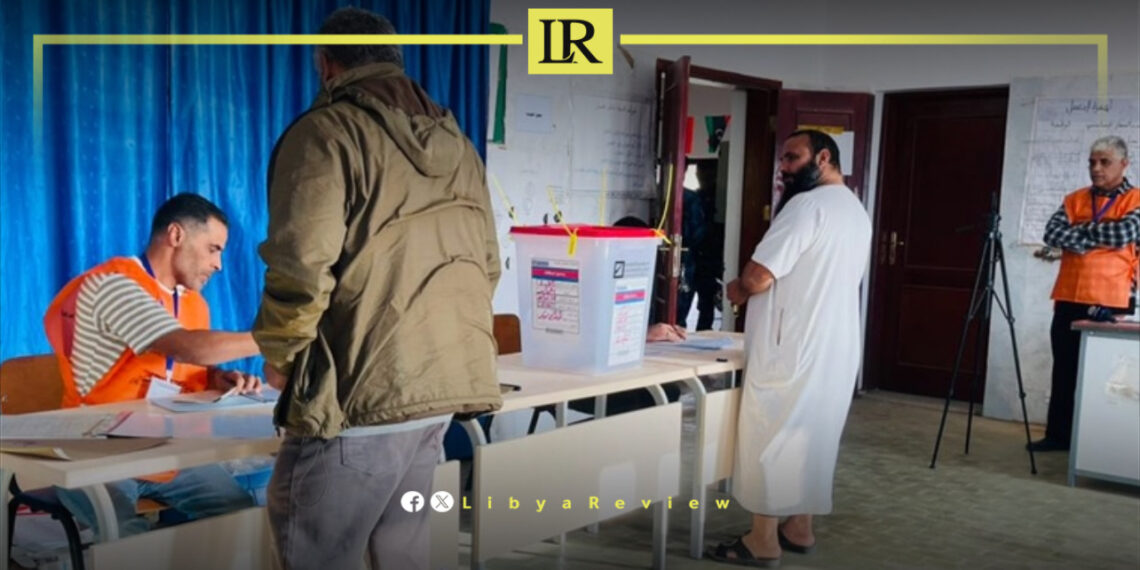Libya has begun municipal elections across 58 targeted municipalities, marking a crucial step toward strengthening local governance and promoting democratic engagement.
The High National Elections Commission (HNEC) officially launched the voting process on Saturday, with polling stations open from 9:00 AM to 6:00 PM. These elections represent the first phase of a comprehensive plan to elect new municipal councils nationwide.
Over 200,000 registered voters are participating in this pivotal event, casting their ballots at 372 polling centers across western, southern, and eastern Libya. HNEC emphasized the importance of these elections as a cornerstone for building effective local administrations, urging citizens to exercise their democratic rights and choose representatives who will address their community’s needs.
The elections span key municipalities, including Misrata, Zintan, and Qasr Bin Ghashir in the west, Sabha and Wadi Al-Bawanis in the south, and Tobruk and Derna in the east. These regions are vital to Libya’s effort to decentralize governance and improve public services through empowered local councils.
To ensure the safety and integrity of the process, HNEC has worked closely with Libya’s security directorates to establish a joint operations room. This coordinated effort has helped create a secure environment, encouraging active participation from citizens and stakeholders.
The elections are divided into two phases, with the second scheduled for January 1, 2025. This phased approach allows for careful preparation and effective management, ensuring a fair and transparent process.
International support has bolstered this initiative, with the European Union (EU) and its member states praising Libya’s efforts to advance representative local governance. In a statement, the EU commended HNEC and other involved parties for organizing the elections and called on all authorities to ensure a safe and inclusive environment.
HNEC reported a promising turnout, exceeding expectations with over 210,000 voters registered for the first phase. The elections highlight Libya’s commitment to democratic development, offering citizens a voice in shaping their communities and paving the way for a more inclusive and stable future.


